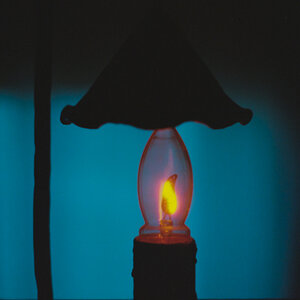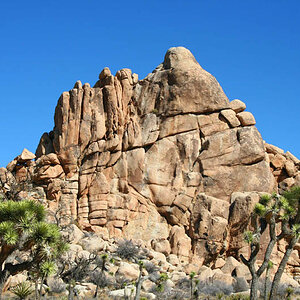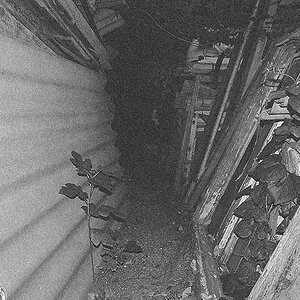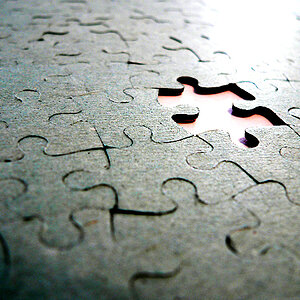GeneralBenson
TPF Noob!
- Joined
- Mar 28, 2008
- Messages
- 1,106
- Reaction score
- 18
- Location
- Boulder, CO
- Website
- www.fullertonimages.com
- Can others edit my Photos
- Photos NOT OK to edit
Ok, so I have a question about the differences of the depth of field and bokeh on full frame versus aps-c sensor cameras. I used to think that it was just effective focal length that determined the DOF. So if full frame is at 200mm, and aps-c is at 135mm, then bokeh would be the same. I know know that's not true.
So what I think I know, and may or may not be right, is that bokeh is only determined by the distance of the rear element to the image sensor, i.e. actualy focal length. So FF at 200mm would have the same DOF as aps-c at 200mm, despitethe fact the the effective focal lengths would be different, right? So FF cameras will always get a shallower DOF at a given focal length, right?
So again, that wha I think I know, but a view days ago I was out shooting with a friend. He was using a 1Ds MkIII and 70-200L, I was using a Pentax K20d and DA* 50-135 f/2.8. So we're using the same focal length equivelent, but of course getting different DOF. But what tripped me up was when we were shooting the same subject, on the same background, from the same distance, and he was getting less DOF despite the fact that he was at a shorter focal length. I was shooting around 100mm, so effectively 150mm, and he was shooting at 75mm, which is still 75mm. But he was clearing have a shallower DOF. What the deal with that? I'm pretty sure we were both shooting at f/2.8.
So what I think I know, and may or may not be right, is that bokeh is only determined by the distance of the rear element to the image sensor, i.e. actualy focal length. So FF at 200mm would have the same DOF as aps-c at 200mm, despitethe fact the the effective focal lengths would be different, right? So FF cameras will always get a shallower DOF at a given focal length, right?
So again, that wha I think I know, but a view days ago I was out shooting with a friend. He was using a 1Ds MkIII and 70-200L, I was using a Pentax K20d and DA* 50-135 f/2.8. So we're using the same focal length equivelent, but of course getting different DOF. But what tripped me up was when we were shooting the same subject, on the same background, from the same distance, and he was getting less DOF despite the fact that he was at a shorter focal length. I was shooting around 100mm, so effectively 150mm, and he was shooting at 75mm, which is still 75mm. But he was clearing have a shallower DOF. What the deal with that? I'm pretty sure we were both shooting at f/2.8.


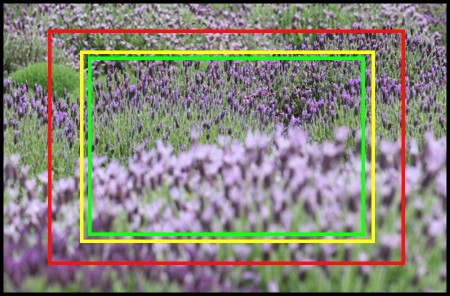
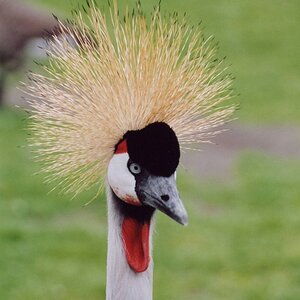
![[No title]](/data/xfmg/thumbnail/41/41755-a922f39cc29ff8f6e66a197508bf99f3.jpg?1619739881)
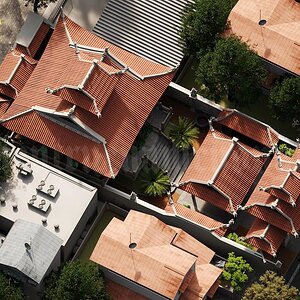
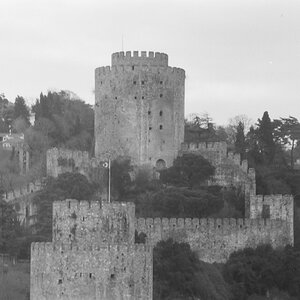
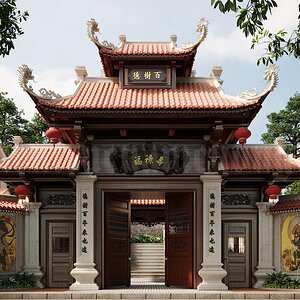
![[No title]](/data/xfmg/thumbnail/42/42397-30faa170de7ed9be38adf00b9b26a220.jpg?1619740167)
![[No title]](/data/xfmg/thumbnail/42/42458-8274869c9294d2f0655f80c8f0e6048c.jpg?1619740191)
